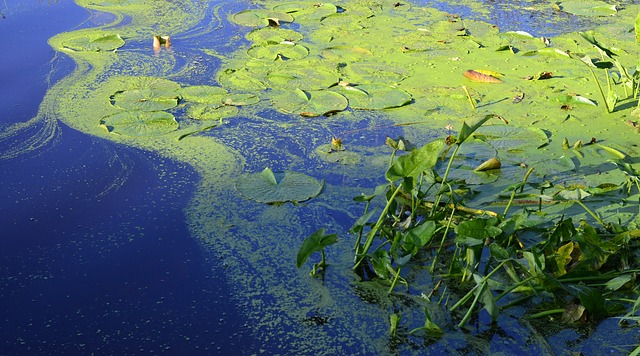There are some common plants which are poisonous to chickens if ingested and it’s important for chicken keepers to keep these plants away from your flock. Luckily, most chickens seem to have a sixth sense about poisonous plants and are quite astute at leaving them alone. Other chickens will be put off by the bitter taste that many of them have, but they may still sample some of the plant before they find out. However, there are times when a chicken will eat a poisonous plant and become sick or, in the worst case, die.
To help you, I’ve compiled a list of poisonous plants which you should not have in your garden if you have chickens roaming about.
A list of plants poisonous to chickens
| BloodrootBull NettleBrackenBryony
Carelessweed Castor Bean Cocklebur Curly Dock Delphinium |
FernFoxgloveGround IvyHemlock
Horse Chestnut Horse Radish Hyacinth Hydrangea Ivy |
Laburnum seedLantanaLily of the ValleyNightshade
Rhododendron St. Johns Wort Tulip Water Hemlock Yew |
As you can see, many of these plants, shrubs and trees are quite common in gardens so there’s a chance that a good proportion of readers will have some of these in the vicinity of their chickens.
Poisonous waterborne plants
Chickens will die quickly if they drink water contaminated with blue-green algae. If you have a pond, pool, or any stagnant water (even old buckets hanging round the garden with old rainwater in them) you need to prevent your chickens having access to them. Similarly, always make sure your waterers are regularly cleaned – especially in the warmer summer months.
What to do if you think your hen is poisoned
If you think your chicken has eaten a poisonous plant and is looking ill, you need to act swiftly. Different poisons act in different ways and require different treatments, so the only sensible solution is to immediately contact your vet. The sooner you act the quicker any remedy can be applied, so it’s important not to waste time. If you know which plant your chicken ate, this will help the vet find out which poison is at work, how it will affect your chicken and what treatment needs to be done. Take a sample of the plant with you to the vets.
One of the first thing the vet needs to make sure of is that it is a plant that has poisoned your hen and not something else. For this reason inform the vet of any medication or tonics you may have used on the chicken recently and also let the vet know if you have been using any disinfectants or pesticides in the area where the chickens live. Sometimes the vet may ask for samples of the hens’ food and water for a toxicology analysis. If the hen has died and you want to find out the cause, make sure the body of the chicken is kept refrigerated (not in the food fridge!) before taking it to the vet.
Further reading
For online veterinary guidance, you can always consult the Merck Vet Manual – though this is quite technical.











